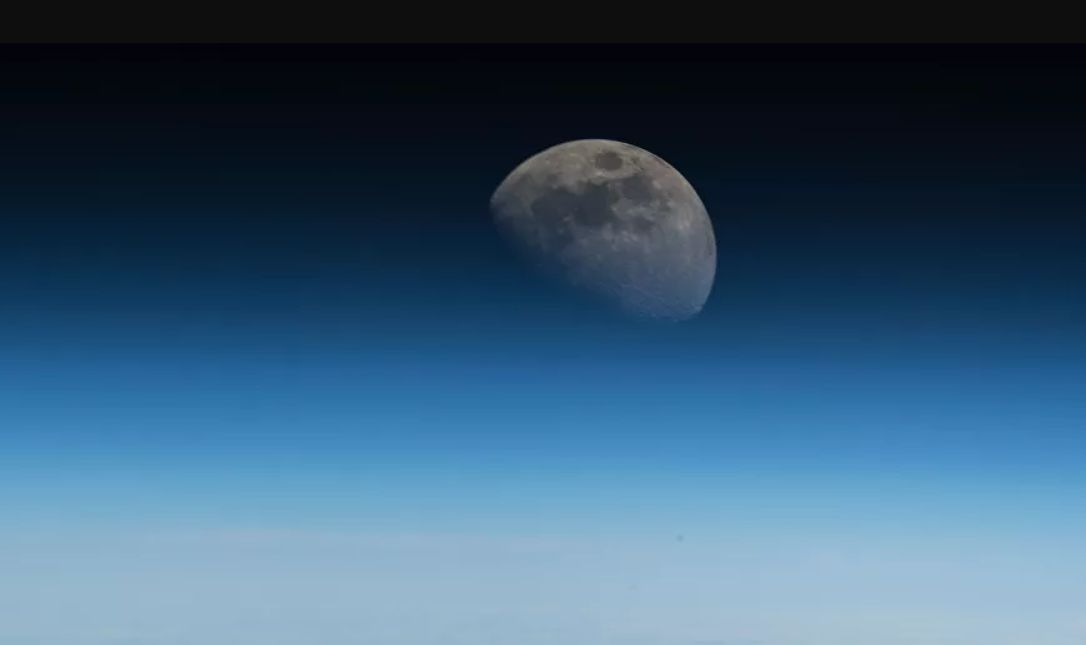It turns out that the Moon is slightly younger than scientists used to think: about 85 million years younger, precisely.
In a new study, researchers at the German Aerospace Center discovered that the Moon had formed later than scientists previously believed. In addition, it had at some point a massive and burning ocean of magma.
Scientists believe the Moon formed when a Mars-sized protoplanet called Theia collided with Earth. The crash caused such a large amount of material to be ejected from the planet’s mantle that it gathered to form the Moon.
According to scientists’ calculations, the Earth suffered the blow that gave rise to the Moon 4.425 million years ago, with an uncertainty of 25 million years.
“This is the first time that the age of the Moon can be directly related to an event that occurred at the end of the Earth’s formation, namely the formation of the nucleus,” explained Thorsten Kleine, a professor at the Institute of Planetology at the University of Munster in Germany.
During this violent impact, an ocean of magma several thousand kilometres deep was created. The Moon had a semi-liquid condition in its early years and remained so until the rocks eventually floated to the surface and cooled.
A new simulation suggests that the ocean remained for 200 million years on the Lunar surface before solidifying, which is 10 times longer than astronomers thought. According to the model that studies the solidification of the ocean of magma on the Moon, it was active between 150 to 200 million years ago.
“An important result of this scenario is that the early Moon, which built up from the debris of this giant impact, was very hot, hot enough that its rocky mantle largely melted and formed what we call an ocean of magma” said the study’s lead author, Maxime Maurice, a planetary scientist at the German Aerospace Center in Berlin.
These findings were described in a new study published in the journal Science Advances.
